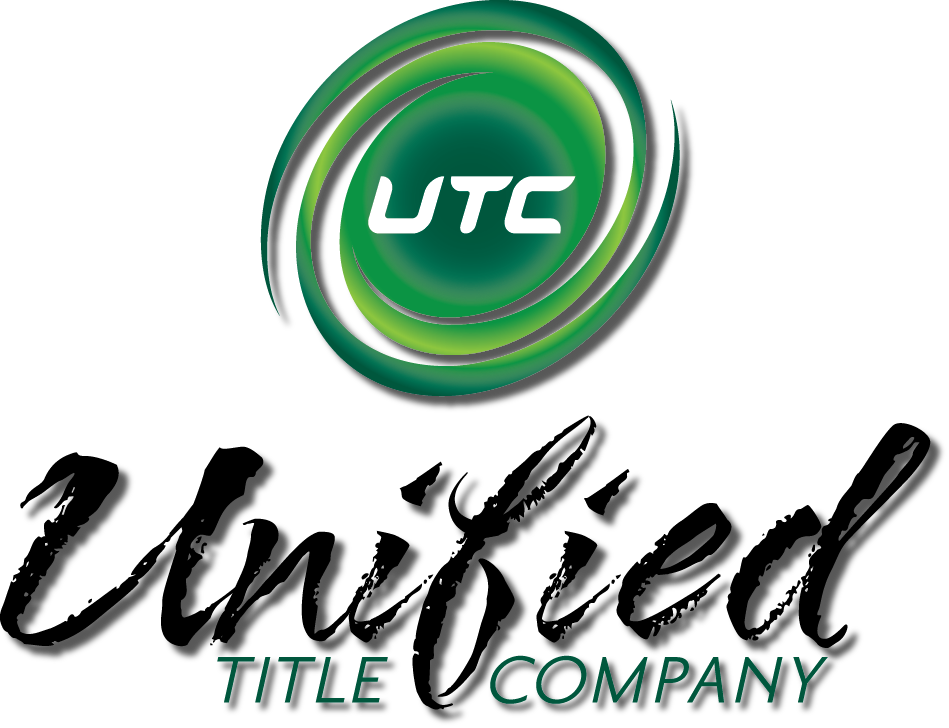Allocation of Closing Fees
This table1 illustrates the typical allocation of common closing fees associated with a Colorado real estate sale transaction. Fees listed in the table may not be part of a given transaction and allocation is ultimately governed by the agreement (the purchase and sale contract) between the buyer and seller.
| COMPONENTS OF A SALE TRANSACTION | Buyer Charge | Seller Charge |
|---|---|---|
| Prorations & Adjustments2 | ||
| Current Year Real Estate Taxes | ||
| Current Cycle Association Dues | ||
| Current Cycle Rents | ||
| Security Deposits | ||
| Closing Cost Concession | ||
| Third Party Payments | ||
| Mortgage Payoffs | ||
| Broker Commissions | ||
| Broker Administration Fees3 | ||
| New Lender Fees | ||
| New Mortgage Interest | ||
| PMI /MIP | ||
| Hazard (Homeowner’s) Insurance | ||
| Initial Escrow Deposit | ||
| Survey4 | ||
| Prior Year(s) RE Taxes | ||
| Owner Association Dues Payable | ||
| Status Letter / Transfer Fees | ||
| Working Capital | ||
| Utilities | ||
| Home Warranty | ||
| Repairs | ||
| Title & Escrow | ||
| Real Estate Closing Fee5 | ||
| Loan Closing Fee | ||
| Title Insurance Premium – Owner’s Policy | ||
| Title Insurance Premium – Loan Policy | ||
| Owner’s Policy Endorsements6 | ||
| Loan Policy Endorsements | ||
| Tax Information | ||
| Recording Charges7 | ||
| Documentary Fee | ||
| Ancillary Escrow Services8 | ||
| Courier Service | ||
| Payoff Processing | ||
| Preferred Disbursement (Wire / Cashier Check) | ||
| Notary Service |
Notes
1. Click here for a PDF copy of the table.
2. For items listed under the PRORATIONS & ADJUSTMENTS section, a credit (to the other party) corresponds to each charge. For example, buyers receive a credit equal to the seller charge for current year real estate taxes. By custom, when calculating prorations the day of closing is a buyer day. For example, if a transaction involving proration of rents closes on January 30, the buyer would receive a credit for 2 days (the 30th and 31st) of the monthly rental amount.
3. Some real estate firms charge an administration fee (a/k/a “additional commission”) in addition to the base commission. The fee is charged to the agent’s client.
4. Allocation of charges in sale transactions is governed by the purchase and sale contract. There is no prevailing custom regarding allocation of the survey charge.
5. Allocation of charges in sale transactions is governed by the purchase and sale contract. The real estate closing fee is often split equally between the buyer and seller.
6. Allocation of charges in sale transactions is governed by the purchase and sale contract. Sellers often bear the cost of the extended coverage (OEC) endorsement – at least for residential transactions. A seller may also pay for other applicable owner’s policy endorsements, provided the buyer timely objects to the condition of title without coverage and the title company agrees to insure over the matter(s) giving rise to the objection(s).
7. Recording of the deed transferring title and any new mortgages are generally buyer charges. Recording charges for other items are paid by the responsible party. For example, if seller documents are signed under power of attorney, the seller will be charged for recording the power of attorney.
8. The recipient of the service is responsible for the charge. For example, if a buyer closes by mail out, the buyer will incur a courier charge to send the documents. If a transaction involves payoff of a seller mortgage, the seller will be charged to wire or courier the payoff funds.
